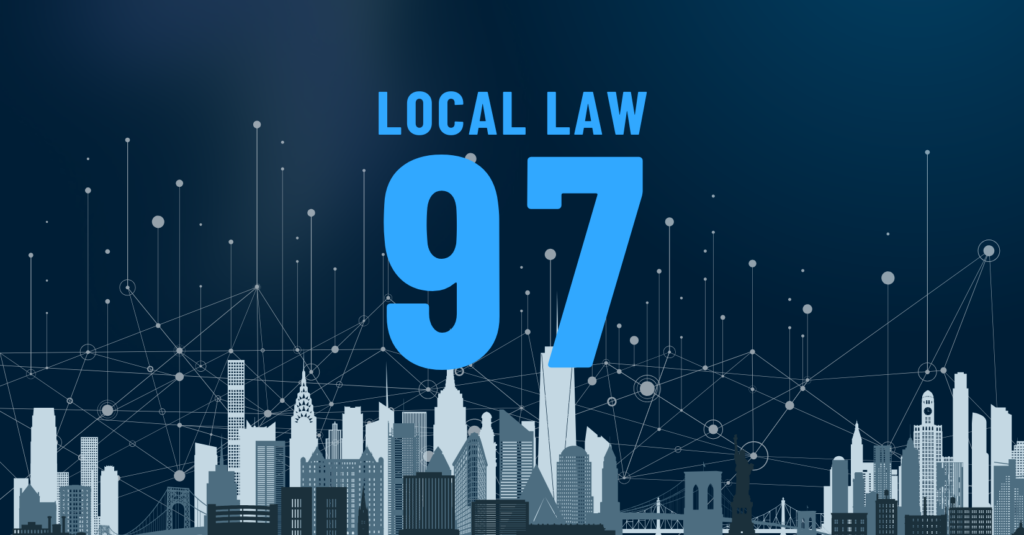Previously, we explored what a B Corp is and the benefits of becoming one. To recap, when a business is B Corp certified, it means that it is meeting high standards of performance, accountability, and transparency on social and environmental issues. Benefits of being a B Corp include increased trust with consumers and investors and long-term resiliency.
Now, we’re diving into how your company can get its B Corp Certification, as well as what’s included in the B Impact Assessment.
The B Impact Assessment: Your Ticket To Becoming a B Corp
The first step for any company looking to become a B Corp is to complete the B Impact Assessment. The B Impact Assessment, or BIA, is an extensive questionnaire that assesses your company’s impact on its community, employees, the environment, and more. The BIA is run by B Lab, a nonprofit organization that is responsible for reviewing Assessments for companies seeking B Corp certification, approving maintenance of certification, and providing guidance for those seeking recertification.
The BIA questions are written by the Standards Advisory Council (SAC), which is made up of independent experts within business and academia. The assessment will take a deep look into your company’s social and environmental impact by asking about your internal policies, partnerships, environmental outputs, social contributions, metrics used for tracking impact, and methods employed to ensure that impact is positive. Here are some categories of questions you will be asked:
- Governance: This section evaluates your company’s overall mission, formal policy, ethics, accountability, and transparency by asking about your integration of social and environmental goals, impact reporting and transparency, stakeholder engagement, and more.
- Community: This section delves into your company’s contribution to the economic and social well-being of the communities in which it operates, through topics such as diversity and inclusion, job creation, civic engagement and philanthropy, supply chain management, and more.
- Environment: In this section of the BIA, you will be asked about your company’s overall environmental impact, including specific topics like energy and water use, energy reduction, methods of efficient energy use, sustainability, and impacts on land and life.
- Customers: This area evaluates the value that your company creates for your direct customers and the consumers of your products or services through topics such as ethical and positive marketing, warranty and quality assurance of products and services, data privacy, data security, and more.
The BIA is something your company should be well prepared for – the questions require comprehensive, quantitative data and information about your company. Here’s some important things to keep in mind:
- Have your company’s tax documents from the past two years available.
- Have energy and water usage numbers available.
Depending on how much data you’ve already acquired, the questionnaire takes, on average, about two hours to complete. After finishing the BIA, you will be given a B Impact Report that breaks down how your company did in each section. Included in each Report is your company’s impact score. For your company to be eligible for B Corp certification, your score must be at least 80.
Next Steps
After you complete and pass the BIA, here’s what you will need to do:
- Submit your assessment results to B Lab. They will go over your assessment, explain certification fees, ask for supporting documentation and possibly arrange site visits.
- Change your articles of incorporation. This is the key move that differentiates B Corps from regular companies and sets your commitment to society and environment in stone. You have one year after you certify as a B Corp to change your articles of incorporation.
- Continuously monitor your performance. B Corp certification is not a set-it-and-forget-it deal. You will need to get recertified every two years to maintain your B Corp status, so staying on top of social and environmental performance is key.
Connect With WatchWire
Follow us on LinkedIn, Instagram, or Twitter to get the latest energy and sustainability insights, news, and resources.
 Top Sustainability Trends to Watch in 2025
Top Sustainability Trends to Watch in 2025

 Log In
Log In








